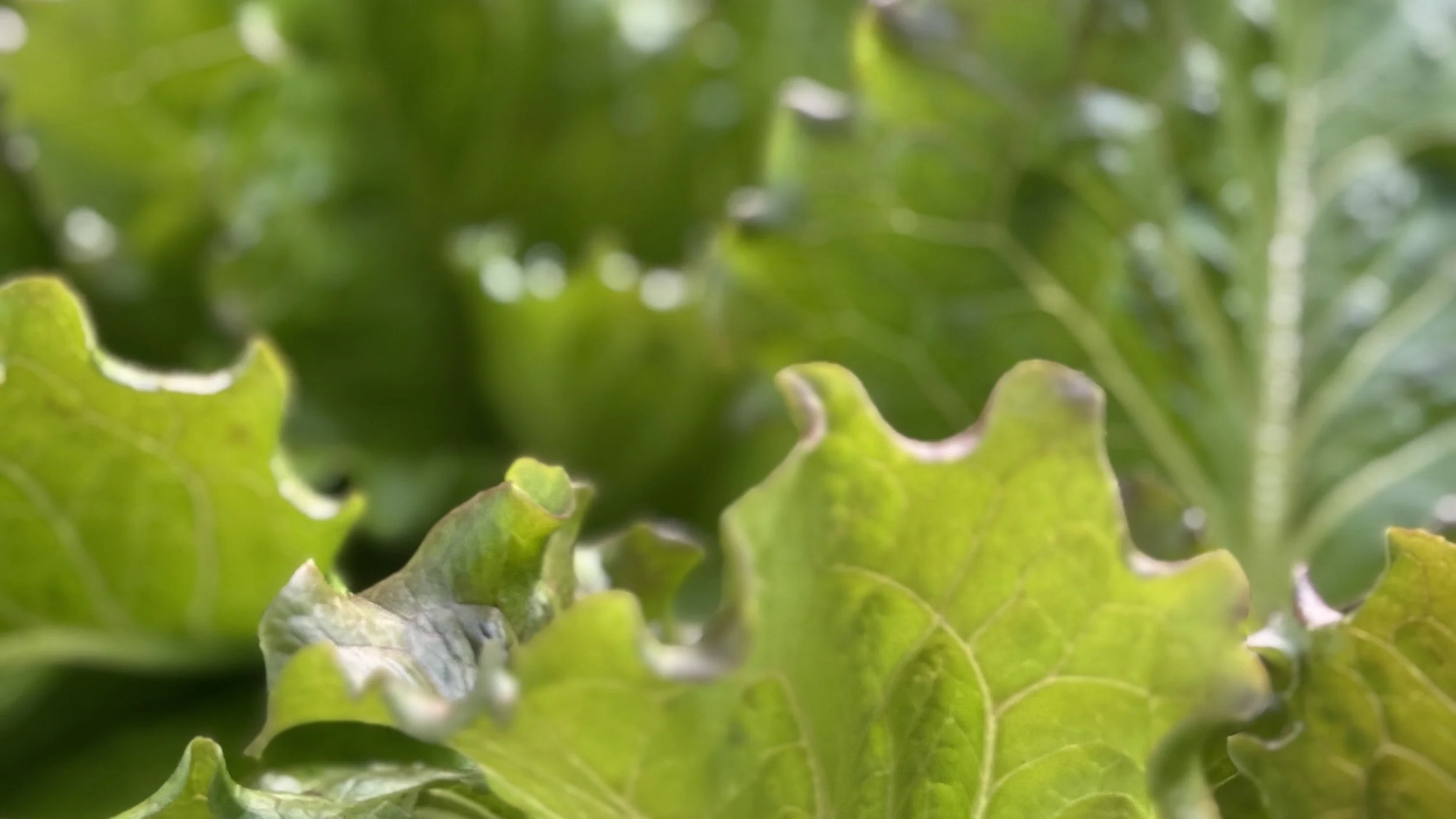Three principles of good gardening
I tend to aggressively overthink things, even my hobbies. I can’t help it. It’s my engineer brain that just won’t turn off. When I started gardening, I really tried to get back to its “first principles” so I could really dig into it and understand it. “How much should I water this tree exactly?” “How much fertilizer should I measure out for these plants?”
After a while, I realized the first principles with gardening are a lot fuzzier than they are for something like engineering or some other hard science.
Gardening is much more of an art than an exact science. Everything is fuzzy. Chaos reigns because you have control over very little in the grand scheme of it. You literally have to operate off of your plants vibes a lot of times when making decisions. Yes, there is certainly a lot of science to gardening (e.g., botany, agronomy, chemistry, etc.), but you can’t capture the entirety of everything that will affect your growing into a system like you typically can in most scientific endeavours since most of the system is just “nature.” The sooner you realize that there are so many variables in the system that is your little garden that there really can’t be hard and fast rules around much of anything, the sooner you can start realizing that intuition and observation are just as useful as precise and crisp rules.
Every garden has different chemistry. What works in your granny’s garden or your bestie’s berry patch may not work in yours despite your best efforts. Much of the learning new gardeners have to do when starting out is gaining an understanding of the natural dynamics of their soil, water, and sun environment. You can’t escape the traits of the actual construction of your soil, change the mineral content and composition of your water, and you definitely can’t make the sun shine differently, so it’s best to learn these immutable traits and how they work together.
Ultimately, nature rules. Your garden is part of an ecosystem, and there are good and bad things that come with that. You get beneficial bugs, but you also get pests. You can influence cetain factors, but there are others completely outside of your control. You have to learn patience and cooperation with the rhythms of nature if you’re going to garden without wanting to walk into the ocean. Learning to work with the part of nature that you’re planting into rather than trying to fight it is one of the most important things to embrace when gardening!

